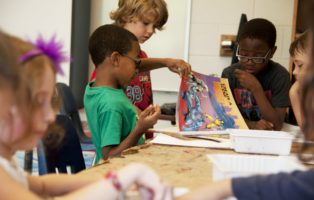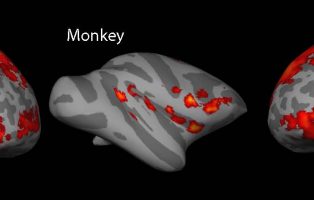Arche, María J.
NIAS-Lorentz Theme Group Coordinator

Charting out the linguistic underpinnings of narrative abilities
Research Question
What enables kids to tell stories?
Project Description
Having trouble narrating stories and events is a typical sign of suffering from language difficulties, according to speech and language therapists and teachers. The examination of narrative abilities is at the core of diagnosis and intervention but little is established on the precise markers that determine narrative ability. This project focuses on establishing the pathway of acquisition of the linguistic gears of narrative structure: temporal and information structure. Both rest on specific elements (verbal morphology, syntactic structure, word order) that can serve as tangible indicators to plot narrative ability, giving precise testing grounds to assessment materials.
Selected Publications
Arche, M.J., A. Fábregas and R. Marín. 2021. On eventive deadjectival nominalizations. The Linguistic Review 38/1.
Arche, M.J., A. Fábregas and R. Marín (eds.). 2019. The Grammar of Copulas Across Languages, Studies in Theoretical Linguistics, Oxford University Press.
Domínguez, L., M.J. Arche and F. Myles. 2017. Spanish Imperfect revisited: exploring L1 influence in the reassembly of imperfective features onto new L2 forms. Second Language Research 33(4): 431-457.
Arche, M.J. 2014. The construction of viewpoint aspect: the imperfective revisited. Natural Language and Linguistic Theory 32: 791-831.
Domínguez, L. and M.J. Arche. 2014. Subject Inversion in non-native Spanish. Lingua 145: 243-265.
-

-
 Fellow
Fellowvan Hout, Angeliek
-

-
 Fellowship
FellowshipNIAS-Lorentz Theme-Group Fellowships